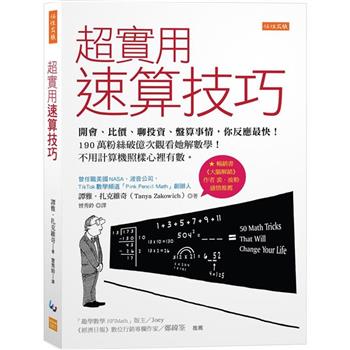Employee Stock Option Plans (ESOPs) is the buzz word in the corporate world today. In a growing enterprise, the management not only wants to retain its entire working team but also desires that the members be suitably rewarded for their efforts. Thus, in addition to salaries, employees are offered ESOPs at a discounted price (generally lower than market price) for a specified period of time. Employee enthusiasm, contentment, and performance are influenced by the compensation practices (Kerr and Slocum, 1987). The compensation policy is in turn influenced by cultural aspects (Tosi, Henry L. and Greckhamer, Thomas, 2004). Culture has become an important thing in guiding different aspects of organizational behavior (Laurent, 1986). In this work the researcher is not focusing on cross-national disparities but focused on the cultural values within one society and their impact for compensation schemes. More specifically, it has been intended to scrutinize likely associations between preferred compensation policy ESOPs and cultural dimensions. The present study attempts to take a step forward in identifying and analyzing the impact of culture on employee stock options in Indian context.
| FindBook |
|
有 1 項符合
Hofstede’s Cultural Dimensions and Grant of Esops的圖書 |
 |
$ 2420 | Hofstede’s Cultural Dimensions and Grant of Esops
作者:Dewan 出版社:LAP Lambert Academic Publishing 出版日期:2020-12-22 語言:英文 規格:平裝 / 52頁 / 22.86 x 15.24 x 0.3 cm / 普通級/ 初版  看圖書介紹 看圖書介紹
|
|
|
圖書介紹 - 資料來源:博客來 評分:
圖書名稱:Hofstede’s Cultural Dimensions and Grant of Esops
|









